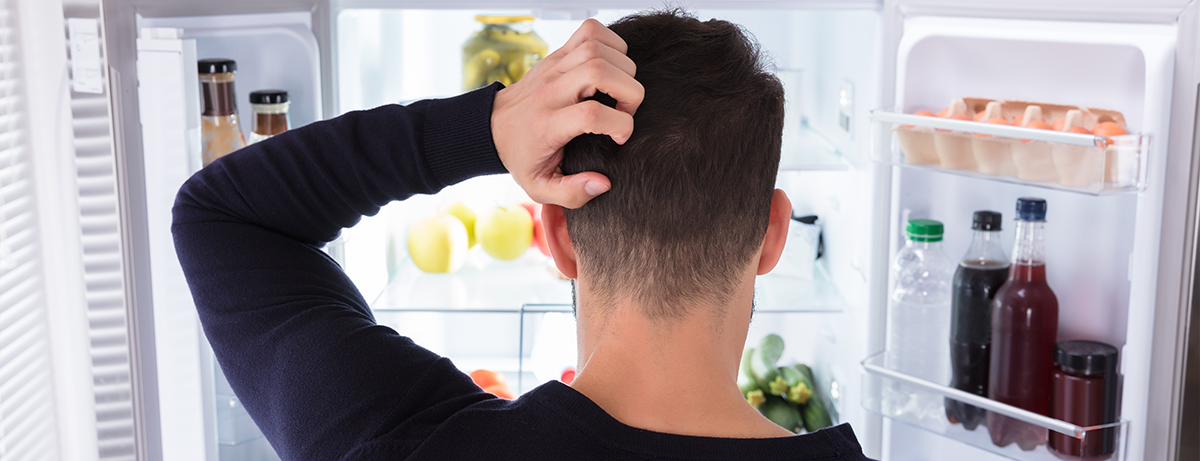Food Facts and Myths

Some common questions, and surprising answers, about nutrition
 We asked Anita Demas, MD, a Brown & Toland internist who runs MD Weight Management in San Francisco, to address FAQs about some common items we consume in the interest of our health. Here’s a taste of her responses.
We asked Anita Demas, MD, a Brown & Toland internist who runs MD Weight Management in San Francisco, to address FAQs about some common items we consume in the interest of our health. Here’s a taste of her responses.
What are some pros and cons of vitamins? Do we need to take them?
Typically, Americans are over-nourished and tend to be overfed, so a lack of vitamins isn’t usually a problem. Multivitamins generally are not necessary for the average healthy, middle-aged person who eats a well-rounded diet that includes lots of fresh vegetables and fruits of lots of colors. Exceptions include pregnant women who have a higher folic acid requirement to support the fetus’s neurological development and people who have a poor diet or certain medical conditions. Some gastrointestinal diseases, for example, hamper B12 absorption; shut-ins who don’t get sunlight exposure don’t get enough vitamin D, which is essential for calcium absorption.
FYI: Most vitamins are better taken through dietary sources because they are absorbed better. Pill forms may not break down and occasionally pass through the body partially absorbed. Know this too: If you take more vitamins and minerals than your body needs, they can be toxic if they are fat soluble.
What about fasts and cleanses? Helpful or hype?
There’s no evidence to support these things. The body is like a self-cleaning oven. At birth, your gastrointestinal [GI] system is sterile. Slowly, over time, as you come in contact with adult food, you acquire normal bacteria that keep things healthy. By age three, you have the normal adult level of bacteria in your GI tract. Fasts and cleanses can upset the normal “flora” and “fauna” of the GI tract.
Can drinking a lot of water aid weight loss?
Yes, there is evidence to support this strategy. Generally speaking, if you drink a big glass of water prior to eating, you consume fewer calories. It fills up the stomach with water. It also quenches thirst, which many patients often mistake for hunger when they’re trying to lose weight.
What are advantages and disadvantages of consuming coconut water?
Coconut water is quite the fad right now. The liquid is derived from inside green, unripe coconuts. For a healthy person with no medical issues, drinking it won’t do harm. But some patients, particularly those with heart disease, need to be aware of what they’re drinking, especially if they have compromised kidney function. Coconut water has relatively high levels of sodium — more than 250 mg in one cup — so people need to factor that into their daily sodium allowance. It also contains high levels of potassium — about 600 mg — and 60 mg of magnesium, depending on the coconut and its ripeness. For some heart patients, increasing potassium can be dangerous for their heart.
What’s better for you — fresh foods or frozen foods?
The sooner you can eat food after it’s picked, the better it is for you — the more nutritious. So in many cases, frozen food can actually be better — particularly those that are flash-frozen near the source where they’re picked. Many fresh foods have a long way to travel from their source to your table, and the nutrients can start to break down. One caution, though: Don’t confuse nutritious flash-frozen foods with high-fat, frozen dinners!
What about juicing?
The benefits of juicing are that you get concentrated amounts of nutrients — juice is packed with vitamins and minerals, and low levels of fat and salt. The downside is that most of the food plans that use juicing to replace meals can leave gaping holes in the diet — the majority of calories are sugars, which are simple carbs, and there are inadequate amounts of protein, which builds lean muscle tissue. Juicing also reduces fiber in most fruits and veggies. When you eat an apple, you’re consuming complex carbohydrates, but apple juice is a simple carb, much like sugar water. Another thing, liquids don’t have the satiety power of whole foods, so they can actually make you hungrier. And juicing is quite expensive. It’s OK to have a mostly green juice that’s heavy on veggies and low on fruit to replace a meal and eat lean protein in other meals to balance your diet. But totally replacing meals with juice isn’t a good idea. Bottom line: It’s much healthier to eat things in whole form.
Anita Demas,MD, is a board-certified internist. She attended UCSF School of Medicine and completed her residency and chief residency at Stanford University. Dr. Demas brings more than 15 years of internal medicine expertise to her work at MD Weight Management.
MEDICAL DISCLAIMER: The content of this Website or Blog is not intended to be a substitute for professional medical advice, diagnosis, or treatment. Always seek the advice of your physician or other qualified health provider with any questions you may have regarding a medical condition. Never disregard professional medical advice or delay in seeking it because of something you have read on this Website or Blog.
If you think you may have a medical emergency, call 911 immediately, call your doctor, or go to the emergency room/urgent care.
